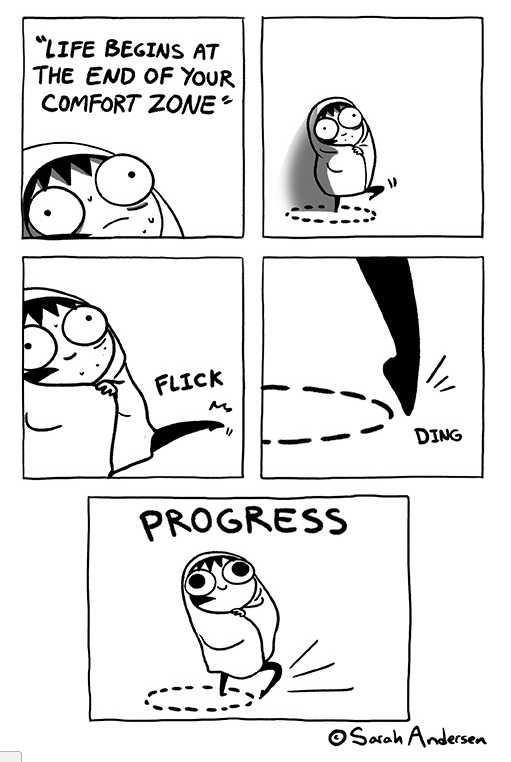By: Jess Griggs
This is a difficult post to write. It will likely be a difficult post to read.
I have no problem telling hundreds of people (some I don’t even know) about panic attacks, depression, weird thoughts, quirky OCD habits, and generally embarrassing encounters with other humans. So why do I draw the line at sharing about sexual assault? At the end of the day, I can laugh (sometimes through tears) about how I am working through those other issues. I swap depression stories with people who are surprisingly like me and we can find comfort in the community we’re creating.
There is no comfort in being part of the community of sexual assault victims. There is power, yes, in taking control of the narrative but it is an exhausting battle with no end in sight.
None of my go-to defense mechanisms for handling difficult situations work. I cannot self-deprecate. There are no jokes or witty observations to be made. I cannot run away from what happened, though believe me, I have tried.
So I must either face this ugly beast or let it consume me; fight back or surrender. Consider this a declaration of war.
I was in preschool. It was the first time I felt shame. I wasn’t old enough to comprehend what happened, I only knew it was wrong. He didn’t look guilty so it must have been my fault. Afterall, he was the adult. I must have done something wrong.
I must have done something wrong.
A small thought.
A tiny seed planted that day.
Over the years it grew roots so deep I still feel them suffocating me.
Sometimes months go by without thinking about it. And then, out of nowhere, a look, a touch, a passing comment sends roots curling down my spine.
If any part of this feels familiar to you, I need you to know you’re not alone. It’s not your fault. I grieve with you. But I do not grieve as others do, who have no hope (1 Thessalonians 4:13), rather I believe that “after you have suffered a little while, the God of all grace, who has called you to his eternal glory in Christ, will himself restore, confirm, strengthen, and establish you (1 Peter 5:10).”
When you’re in the depths, cry out to God (Psalm 130:1). Give Him your anger, your shame, your loss of innocence. In return, He will “fill you with all joy and peace in believing, so that by the power of the Holy Spirit you may abound in hope (Romans 15:13).”
I do not write these words lightly. I know the dichotomy between anguish and hope; I feel it in my roots.

